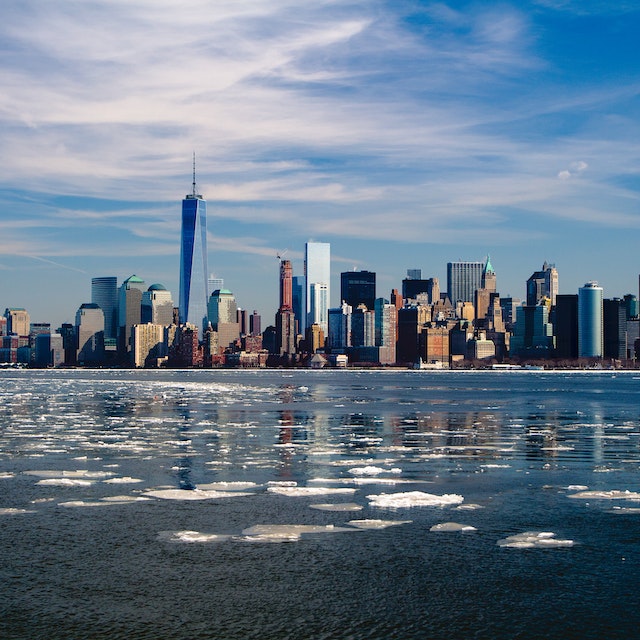Developing Industries
Post Date:
Coaching
The evolution of human needs has led to the creation of new industries; for example, the hospitality and leisure industries.
These provide goods and services in gaming, lodging, events, sports facilities and equipment, travel, tourism, restaurants, showrooms, franchising, vacation real estate, lodging assets and more. Consequently, the construction, administration and management have an economic impact which will be vital for developing economies after the economic recession.
These industries refer to services and products provided by multiple economic, social or governmental agents. In the public and private spheres, the economic recession, labour stress and social disenchantment have led these developing industries to be part of the projects of governments, companies and families -at all levels- and in turn, private initiative considers them as attractive economic sectors.
Global confinement has drastically affected consumer behaviour; some attitudes have accelerated, and others have slowed down or stopped. Most importantly, new habits, needs, expectations and quests for experiences are developing in human conduct. In this sense, discretionary spending has shifted, and consumption patterns have changed.
More than 60% of hoteliers in the United States believe that leisure will be the travel segment that will contribute to the sector’s recovery. Therefore, a continued increase in these items and a positive impact on the growth of local economies will be expected to occur during 2023. It is essential to consider that these sectors include tangible assets (real estate and furniture) and intangible assets (software and the use of blockchain), which can be a good investment refuge in the medium and long term.
BY
Alejandro Pastrana Valls
Last Update: Jan. 26, 2023, 10:57 a.m.



